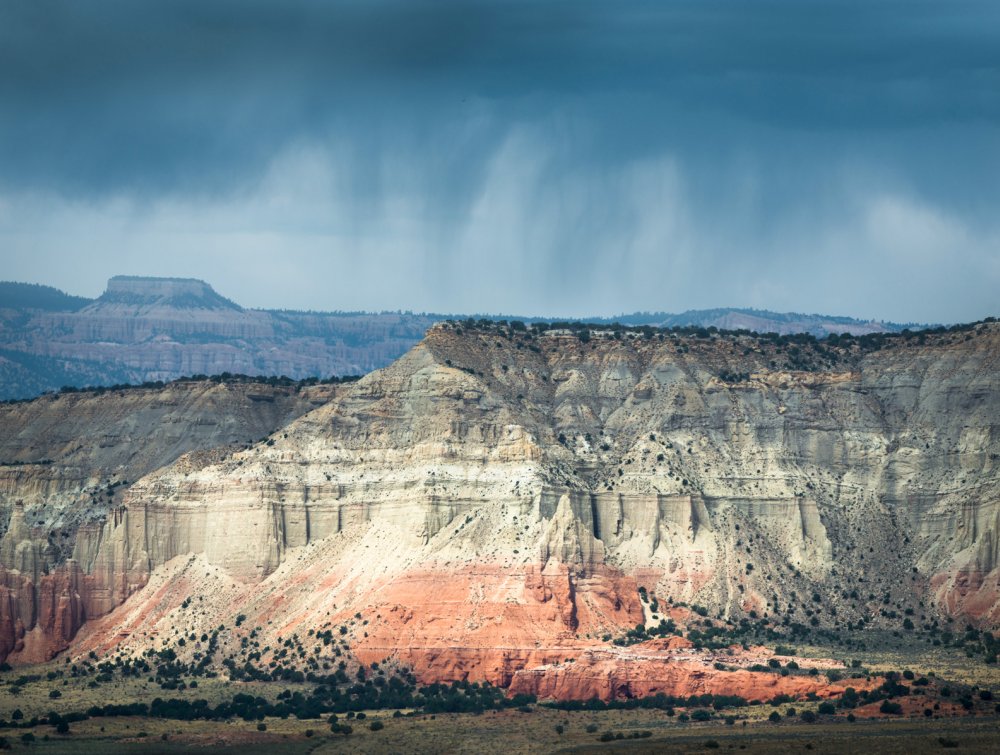Lawmakers want to gut the Antiquities Act; TWS responds

Grand Staircase-Escalante National Monument, UT.
Mason Cummings, TWS
Reps. Maloy and Amodei want to strip its power, going against the will of the people and the rulings of the courts
Days before President-elect Trump’s inauguration, Utah Representative Maloy and Nevada Representative Amodei introduced a bill to gut the Antiquities Act and diminish presidential power. This powerful conservation tool – passed by Congress in 1906 – grants the president authority to protect federal lands with cultural, ecological, and historical significance as national monuments. The Ending Presidential Overreach on Public Lands Act would revoke a time-honored presidential authority that was established by Congress over a century ago.
Since 1906, when Congress passed the Antiquities Act, both Republican and Democratic presidents have used it to protect iconic places like the Grand Canyon, the Statue of Liberty, and Zion National Park. Despite attempts to strip the Antiquities Act of its power, the Supreme Court has repeatedly rejected cases that seek to reduce monument boundaries and nullify their management plans. Powerfully, in 1920, the Supreme Court upheld President Teddy Roosevelt’s use of the act to protect 800,000 acres in Arizona when he declared Grand Canyon a national monument.
“This bill is part of a larger political effort to dispose of our cherished federal public lands. The bill, following on the heels of the anti-public-land lawsuit in Utah, plays a role in a coordinated plan to gut the Antiquities Act, revoke our beloved national monuments, then sell off the newly undesignated land,” said Scott Miller, Southwest senior regional director for The Wilderness Society.
The anti-public land movement runs counter to voters’ wishes. According to a 2024 State of the Rockies report, 85 percent of Western voters support creating new national monuments and other federal land protections like national parks and wildlife refuges. Furthermore, in Maloy’s state, over 70% of Utah voters—Republicans and Democrats—support Bears Ears and Grand Staircase-Escalante National Monuments, according to a recent poll.
National monuments are an overwhelmingly popular and bipartisan issue. They support local economies and outdoor recreation opportunities, expand access to nature for neighboring communities, preserve ecosystems so that they are more resilient to climate change, provide critical habitats for a wide variety of species, and protect cultural and historical sites.
We stand ready to defend the Antiquities Act, a tool that has stood the test of time and presidential administrations. The Act has allowed a majority of national monument designations, and without it, our public lands would look starkly different.
For media inquiries, contact Gaby Diaz, communications manager, at gaby_diaz@tws.org
